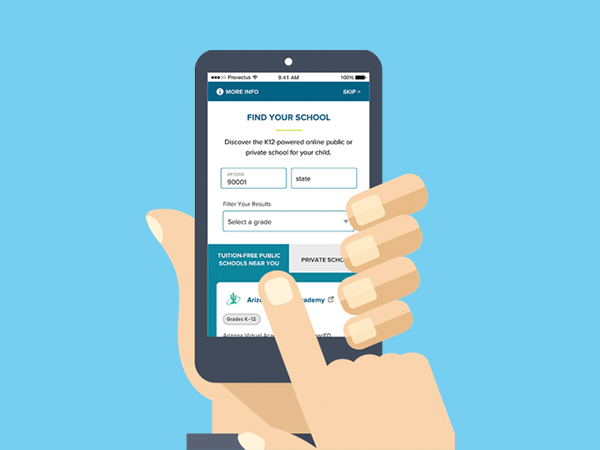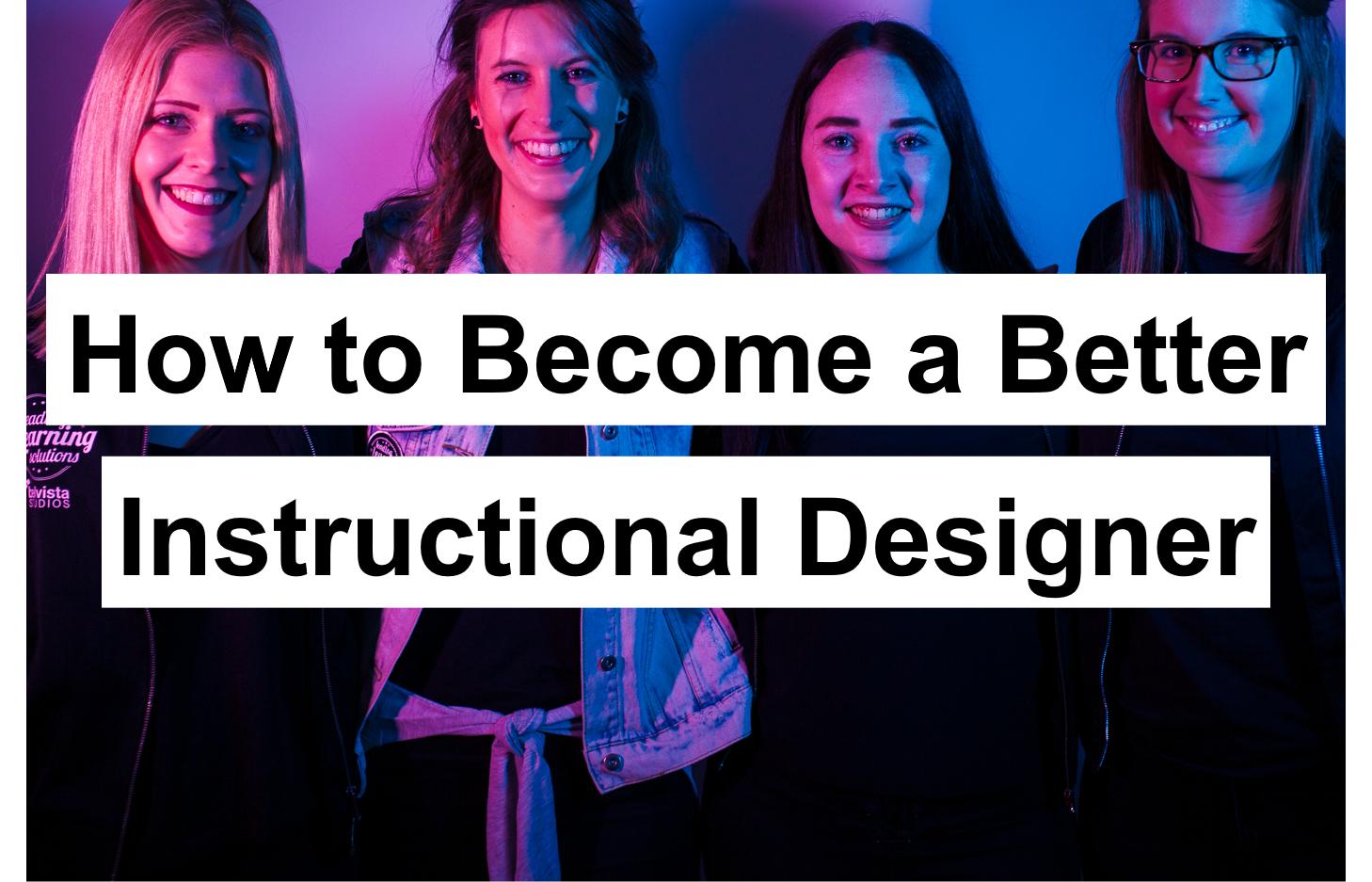
Online Master's degrees in school counseling are available for those who are interested in education. The curriculum typically takes three years, with a 600-hour internship during the final year. Flexible online classes allow students to complete the 60 credit program at their own pace. Students who successfully complete the program are eligible for provisional New York State Certification as School Counselors. To be eligible for permanent certification, students must have completed at least two years of work experience in schools.
Master's Degree in School Counseling Online
You can get a Master's Degree in School Counseling and be prepared for many positions in K-12 schools or community agencies. This career path involves direct work with students, teachers, and administrators. It also covers coursework in legal, legal, and social issues. It also covers professional counseling methods, evaluations and assessment. Graduates can work as school counselors for nonprofit organizations or state education departments.
A master's degree in school counselling will give you the skills and ethical foundation to work with children or adolescents. Additionally, you will learn about the history of counseling as well as current trends. The role of school counselors within society, as well as ethical and legal issues, will be covered. This course will help you to integrate multicultural perspectives into your counseling practice and how to address changes in society.

An online master's program in school counseling is offered by a number of institutions. Council for Accreditation of Counseling and Related Educational Programs has the most widespread accreditation for online school counselor programs. Online courses are only available to schools that have been approved by CACREP. You might need to hold a master's in order to become licensed in your state, depending on your residency.
Program requirements
To earn your Master's Degree in School Counseling, you must complete at least 48 credits. The curriculum emphasizes learning by doing. You will also be required to complete a 600-hour internship with a local school. This will allow for you to gain practical experience and improve your communication skills. You will be able to become a licensed school counselor after completing the program. Additionally, you will be prepared to work in community organizations, college recruitment, or education administration.
It is essential that you have a solid understanding of human development and growth. This knowledge will also include the unique needs of various populations. To help students realize their potential, you will need to be able apply the latest counseling theories. You will have the chance to interview school counselors and be exposed to cutting-edge research. You'll also get hands-on experience in group counseling in schools. Additionally, simulations of counseling sessions will be offered.
Salary
A Master's Degree in School Counseling can help you earn a better salary than your bachelor's. Depending on location, experience, and type of school, a school counselor can earn upwards of $50,000 per year. A school counselor's average salary is higher in large cities than it will in smaller towns. Many school districts will pay more for school counselors who can help with curriculum development.

About 333,000 school counselors work in the United States. The number of school counselors in the United States is expected to rise by around 16% by 2029. School counselors offer support and guidance to students going through difficult times. It can be a great way both to grow your career and help others. But, school counseling is a very emotional job.
After earning your Master’s in school counseling, you might need additional years to get started. Some states require an internship. Other states may require more training hours. The ASCA's directory of school counselors can help you find the requirements for your state. The directory includes information like the minimum GPA, internship hours and certification tests. It also includes a link to each state's web page for more information.
FAQ
How do I get started in eLearning
It's a good idea to begin small if you don't know how to create online classes. Perhaps you could create a quick tutorial or quiz.
This will allow you to move on to more difficult projects once you have mastered it. It's a good idea to learn HTML before you start creating lessons with pre-built templates.
What are some elearning tools?
Interactive media, such as animation and audio, is the best way to convey learning content.
These media allow learners the opportunity to interact with the content. These media also improve learner engagement, retention, and motivation.
Online courses are often delivered via websites that contain text, graphics, video, sound, and interactive features.
These courses may be free or paid for.
Some examples include:
-
Online courses
-
Virtual classrooms
-
Webinars
-
Podcasts
-
Video tutorials
-
Self-paced eLearning modules
-
Interactive games
-
Social networking websites (SNS)
-
Blogs
-
Wikis
-
Discussion forums
-
Chat rooms
-
Email list
-
Forums
-
Quizzes
-
Polls
-
Questionnaires
What are the potential benefits of elearning for students as well as teachers?
E-learning offers both students and teachers better learning outcomes. It also makes it possible to access information anytime and anywhere learners want. E-learning enables educators to engage with their students using technology in ways not previously possible.
E-learning gives teachers the ability to provide personalized instruction and support students' progress. This increases student motivation and engagement. Teachers can use e-learning to develop skills such as communication, collaboration, and critical thinking. They can also make use of it to enhance their teaching practice by offering the possibility for self-reflection as well as reflection on the experiences made by others.
E-learning makes it possible to cut down on training costs. In order to train students about a topic, teachers will need to purchase materials and books. You don't have to purchase the exact same materials online, however.
What is electronic learning?
E-learning offers an online learning platform for individuals, businesses, and institutions. It is a way of delivering information and instruction over electronic media such as computers, mobile devices, and other digital technologies.
This type of learning uses technology, not physical materials, to deliver the content.
E-learning does not have to be done in a traditional classroom setting. It can also be done at home, on the move, or anywhere else that has internet access.
Is eLearning efficient?
E-learning allows learners to access learning content anytime, anywhere. E-learning gives learners instant access to relevant information, wherever they are located.
E-learning makes it possible to deliver training programs anywhere you are without having the space or cost of travel.
What's the value of elearning?
Learners can engage in learning activities online at any time, from anywhere. It allows them to learn anytime they want and wherever they are.
E-Learning allows the learner to communicate with other learners who share similar interests. This interaction helps to improve communication skills and knowledge exchange.
Technology makes it easier to exchange information between the student and teacher. The technology used should be robust enough to support the delivery of high-quality content.
E-learning can be a cost-saving option by reducing travel required for training purposes.
It is a time-saving and cost-saving option that allows the learner to finish their coursework while on the road or working.
Statistics
- In the 2017 ATD research report Next-Generation E-Learning, 89% of those surveyed said that changes in e-learning require their staff to update or add new skills. (td.org)
- According to ATD's 2021 State of the Industry report, technology-based learning methods, including e-learning, accounted for 80 percent of learning hours used in 2020. (td.org)
- However, e-learning courses that are engaging, well-designed, and interesting are likely to be perceived as useful by e-learners (Roca & Gagné, 2008). (sciencedirect.com)
- Interestingly, students' participation in online training grew by 142% in the past year alone, indicating how quality education and up-to-date teaching pedagogy are preferred by learners and working professionals to upskill across India. (economictimes.indiatimes.com)
External Links
How To
What technology is best for eLearning learning?
There are many options, depending on which type of device the learner has.
-
Computer-based courses can be delivered via a computer.
-
Mobile devices like smartphones and tablets can be used to deliver eLearning classes.
-
You can use both mobile devices as well as computers to deliver your courses.
-
Some organizations offer eLearning courses that are available on DVD discs and can be viewed by any computer.
-
This is the best option. Users can view the material online by creating web pages.
-
A hybrid solution is also available where one portion of the course can be delivered online and another via CD or DVD.
-
Finally, some organizations provide free eLearning courses over the telephone. These can be recorded by the learner and played back later.